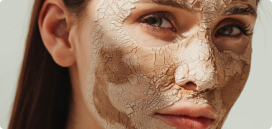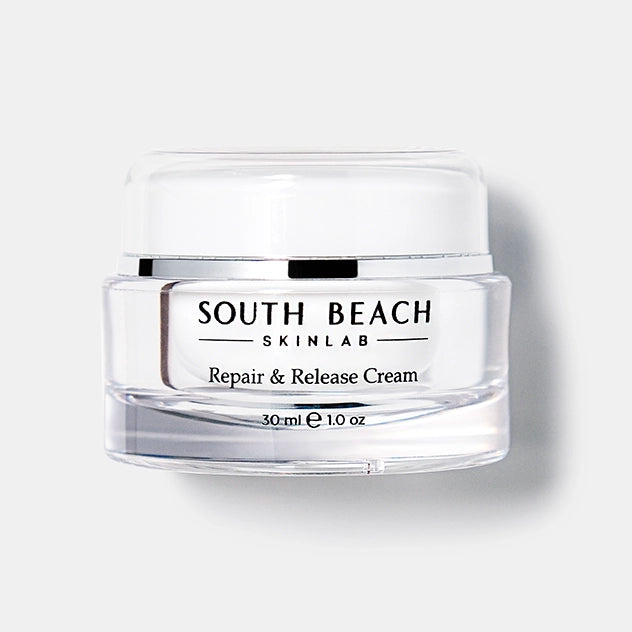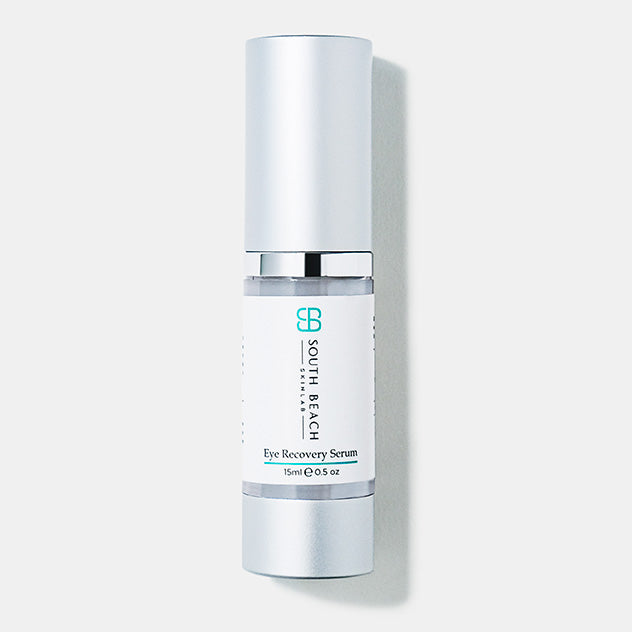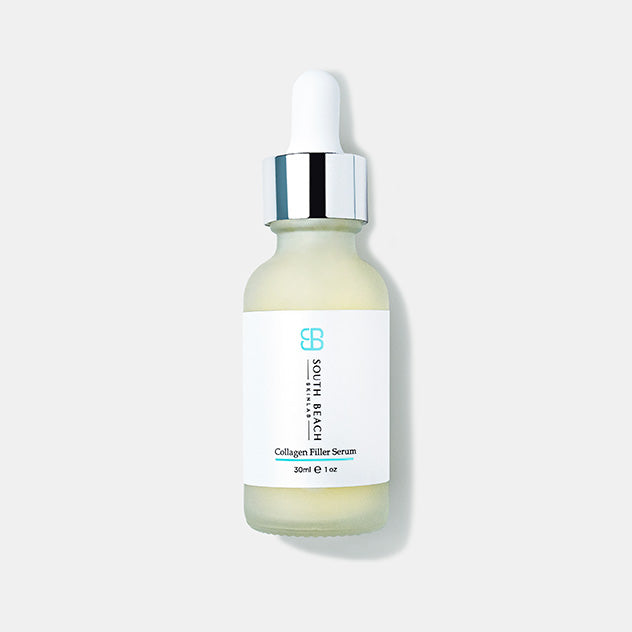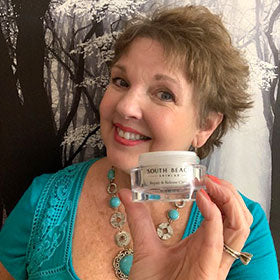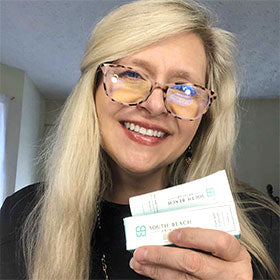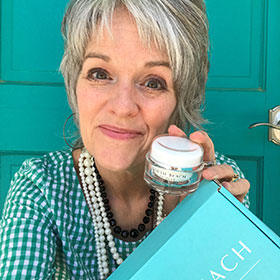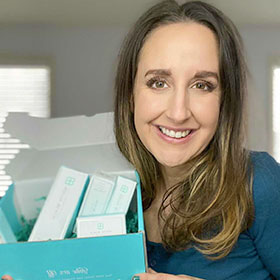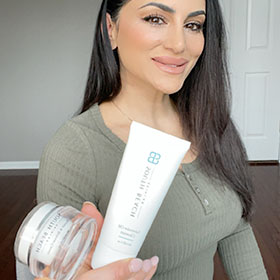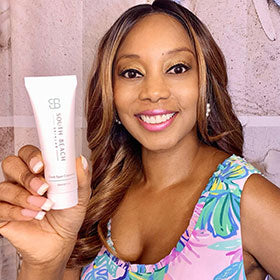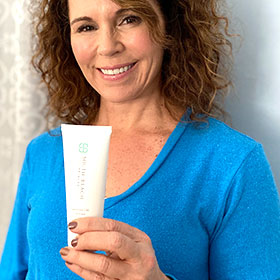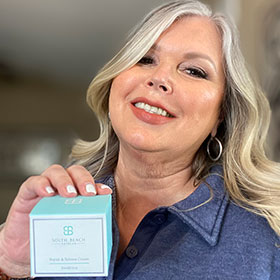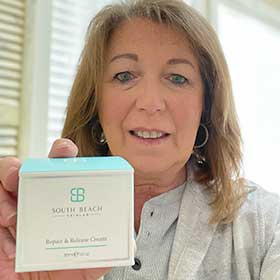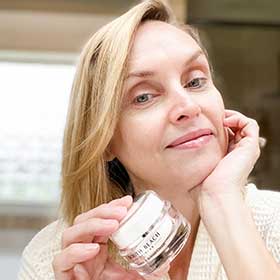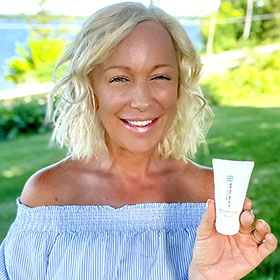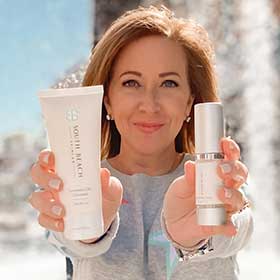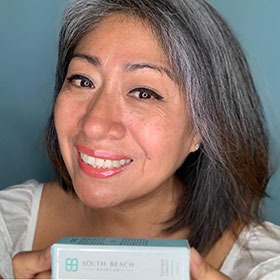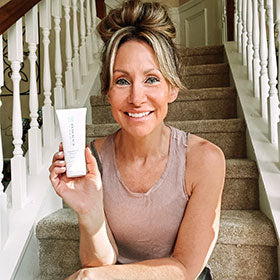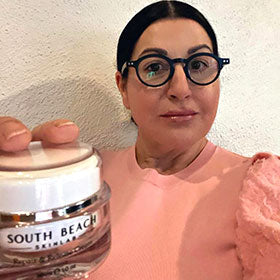Hello and welcome to our weekly Friday Mailbag! My name is Dr. Ryan Shelton and every Friday I answer two skincare-related questions from customers who need a little advice. This week we have some interesting questions…First up is Brittany from Carson, CA.
Q: Hi Dr. Ryan! I have seen so many different creams with SPF in them and some without. Is it better to choose a cream with SPF?

A: Hi Brittany! This is such a great question and it’s one that I don’t get often enough. It may surprise you, but the short answer is no - it isn’t better to choose a cream with SPF. Let me explain why…
When you purchase a new moisturizer, you might think that buying one that contains SPF gets you an added perk and helps you skip a whole step in your morning skincare routine.
While it would be great if this were the case, unfortunately, there’s a little more to it than that, and I’ve chosen specifically not to use any SPF in my Repair and Release Cream…
You see, when companies mix SPF with their moisturizing formula, a couple of things can happen.
First, the strength of the SPF can become diluted, meaning if you’re applying something that says it's SPF 30, it actually ends up being somewhere below that.
Since it’s generally recommended that you wear an SPF of at least 30 every day, it’s better to use an SPF on its own rather than risk your skin being damaged by the sun’s rays.
Next, it’s possible that some ingredients in the SPF could interfere with the active ingredients of your moisturizer.
For example, if I were to add SPF to my Repair and Release Cream, there’s no guarantee that the peptides and other wrinkle-smoothing ingredients would be as effective.
Now, I’m sure there are many moisturizers with SPF out there that work great, but I’d rather not risk it.
That’s why my Repair and Release Cream has no SPF in it - so my customers can be sure they are using ingredients that are as effective as possible!
I hope this answers your question!
My next question is from Nina in Ames, IA.
Q: Hi Dr. Ryan. What’s the difference between a day and a night cream and do I need both?

A: Hi Nina! Day creams and night creams serve different purposes, and whether you need both depends on your skincare goals. Let’s take a look at how to decide whether you need both, and if you don’t, which is best for you…
During the day, your skin needs to stay hydrated and protected from things like pollution, but it isn’t necessarily comfortable to wear a thick cream when you’re out and about - especially during the summer.
A day cream should act as a shield for your skin, but still be on the lighter side or have the ability to soak into your skin faster.
A great example of a cream you can use during the day is my Repair and Release Cream.
While you can certainly use it during the night too, it’s a great option for the daytime because it does an amazing job at soaking into the skin quickly so you can go about your business!
Now, if you feel like your skin is usually on the drier side - especially when you wake up, a night cream may be a great addition to your routine.
Night creams are like a nourishing meal for your skin while you sleep. They're thicker and packed with ingredients like sodium hyaluronate that can penetrate deep into your skin.
This helps with things like reducing wrinkles and keeping your skin moisturized - all while you sleep!
This particular ingredient is in my new Peptide PM Shield, which is technically an overnight mask, but you could certainly use it as a night cream to help revive your skin and help wake up to a more refreshed complexion.
Determining whether you need both a day and night cream comes down to a couple of things, but in most cases, it comes down to how quickly you’d like to see results.
For example, my Repair and Release Cream and Peptide PM Shield both have very different functions in a routine, but using them together could help you see a bigger change in your complexion.
At the end of the day, it’s up to you whether you want to use both products, and your budget and lifestyle will likely play a big role in your decision.
I hope this answers your question!


